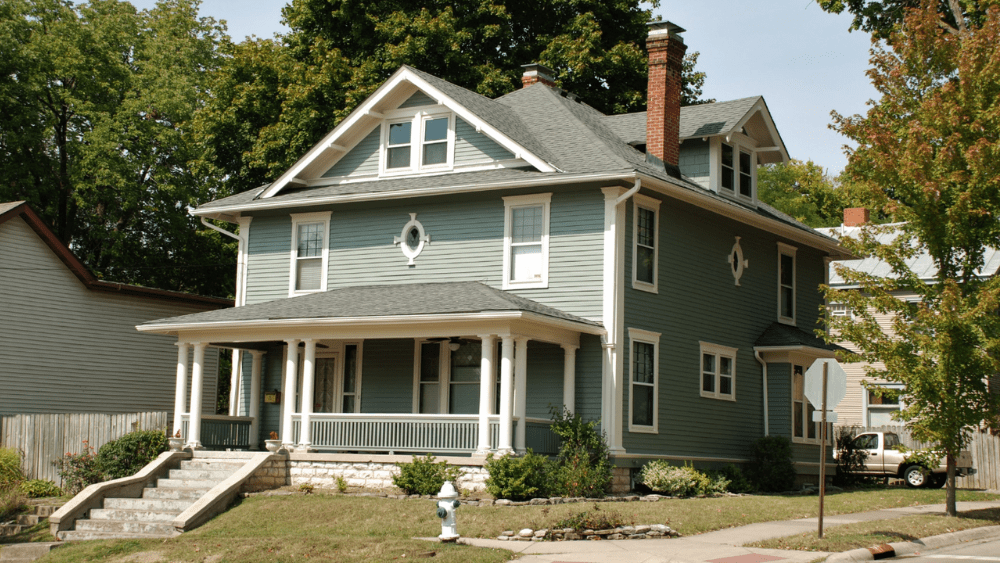
Selling a house as-is offers homeowners the opportunity to sell their property without investing time or resources into improvements or repairs. It’s an enticing option, especially for sellers who are eager to move quickly or those with homes that have seen better days. If you simply don’t have the time or funds to dump into remodeling and negotiations, selling a house as-is may feel like a no-brainer. If you have to lower your price, so be it. An old electrical panel, stained carpeting, and kitchen straight out of the ‘90s mean buyers won’t consider the house move-in ready or necessarily pay top dollar. But if you don’t have enough money or time to perform a bunch of work, you may rather just collect a decent sum and move on. To sell without doing repairs, you’ll need to find buyers willing to take on homes that might need a little TLC. And, you certainly don’t want to leave any money on the table. So how do you pull off a profitable, quick as-is sale? To get answers, we called on a highly experienced group of as-is home sale experts for the scoop on how to nail an as-is sale. Without further ado, here’s what the experts have to say about selling a house as-is. In the end, hopefully, you’ll be able to answer the question, “Should I sell my house as-is?” with confidence. In short, it means a buyer will purchase your home without you making any repairs. The term can be used broadly by many agents to simply refer to a home sale for a house that hasn’t been recently updated or is in need of repair. According to Mandy Williams, a top Alabama real estate agent, an as-is sale can look a lot different than a turnkey transaction. “A lot of buyers expect to walk into a house that’s listed on the traditional market and see a home that’s been completely updated to today’s trends and standards,” explains Williams, who sells homes 35% quicker than the average agent in Birmingham. But marketing your home as-is conveys to buyers that your home may be in imperfect condition, notes Jena Bebleh, a top agent in San Jose, California with 19 years of experience. “In an as-is sale, a buyer is purchasing a home in its current condition,” she says. “That may mean the seller won’t do any repairs, even if they come up on an inspection report. The buyer is willingly purchasing the home in its current state with full knowledge of its condition.” That last bit of her comment is critical to grasp; by selling as-is, you aren’t absolved of the duty to share what you know about the home to buyers — and an as-is label, particularly on an open market sale, is not a fail-safe to avoid all negotiations. That said, selling as-is can still be a viable strategy if you go about it the right way. Jeff Shipwash of Shipwash Properties in Knoxville, Tennessee, flips multiple houses each year and routinely buys as-is properties. As an experienced investor, he explains, “If you own a home that needs several repairs and don’t have the finances, or simply don’t have the time or desire to undergo the stress of home remodeling, selling as-is could be for you.” Rather than throwing lots of time and money at your home, you may choose to sell it as-is and get on with your life. Here are the main reasons to sell your house as-is:What does it mean to sell a house as-is?
Top reasons you might consider selling your house as-is



